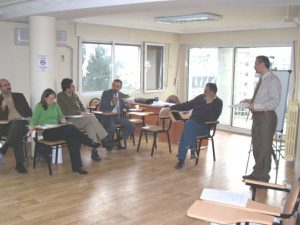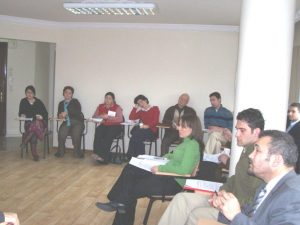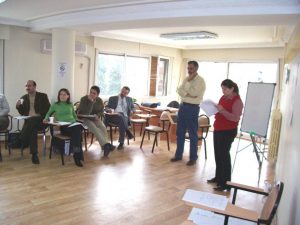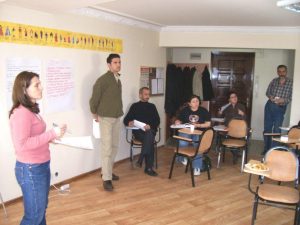Reform the Penal Code for Human Rights
About Project
The lawmakers in Turkey are making important legislative amendments regarding human rights as part of the integration process into the EU. The new Penal Code number 5237 entered into force on 1 June 2005 as part of this process. Thus the former law (number 765) which was made in 1926, and had been amended infinitely during the last 80 years for not being democratical enough, finaly has been abolished. In the preperation process of the new law, it was initially aimed to be progressive, contemporary and in line with the necessities of a democratic society. Yet democratical participation into its preparation process was neglected which led the process away from its initial aims. The new Penal Code has certain partially more progressive clauses comparing to the previous one. Yet it has become clear that many old clauses, most importantly the ones concerning human rights have been kept and many new articles of the new law introduce new restrictions. Especialy with the ones on media, many important rights beginning with the right to have information, right to have opinion and right to share opinion and information are restricted. This has created dissatisfaction in different sections of the society.
Freedom of thought and expression are of fundamental importance in protecting all the other rights and freedoms. It is possible to protect all the rights and freedoms which are protected by European Human Rights Convention as well as other international conventions, only on the condition that the freedom of expression is secured. The new Penal Code number 5237 have many open or potential disadvantages concerning human rights. Therefore it has become obligatory to hold a through discussion on it and to work on reforming the law. With this project, restrictions on freedoms that the new law introduces, will be identified; wide sections of the public will be informed of the consequences of those restrictions; alternative law articles to the ones in need of amendment will be produced and those who make and implement the laws will be tried to be influenced in favor of human rights.
Human Rights Agenda Association's Opinion and Comments on the Turkish Penal Code
As known and observed by many, the legal system has been going through a significant process of renewal in recent years. In this process, a spectrum of legal norms ranging from 1982 Constitution to the directives of the Ministry of Justice have gone through fundamental change.
This has been a fast moving process. Hence the theoreticans and the practitioners of the issue had the opportunity to examine in detail neither the regulating administrative porceedings which at first appeared insignificant but made a much bigger impact on implementation nor the constitution which is considered to be the most important legal document at the top of the hierarchy of legal norms.
As Human Rights Agenda Association in order to contribute to the overcoming of the weaknesses, we aimed to identify the aberrations in the articles of Turkish Penal Code (TPC) from international human rights standards and present them to the attention of the public opinion. As a first step we have identified forty problematic articles and listed our opinion and suggestions below.





